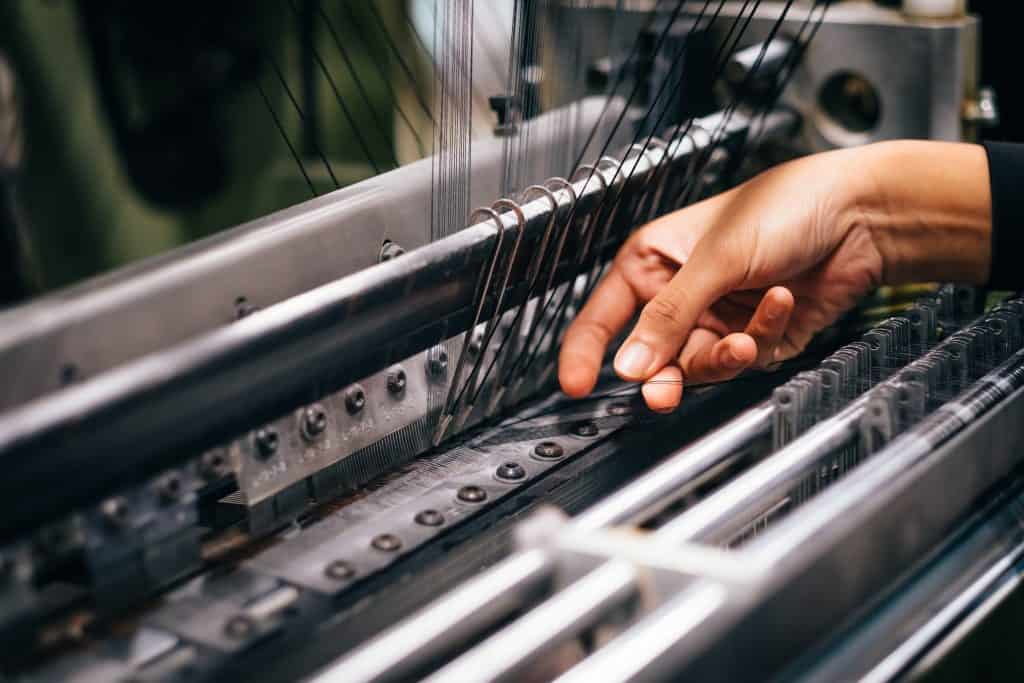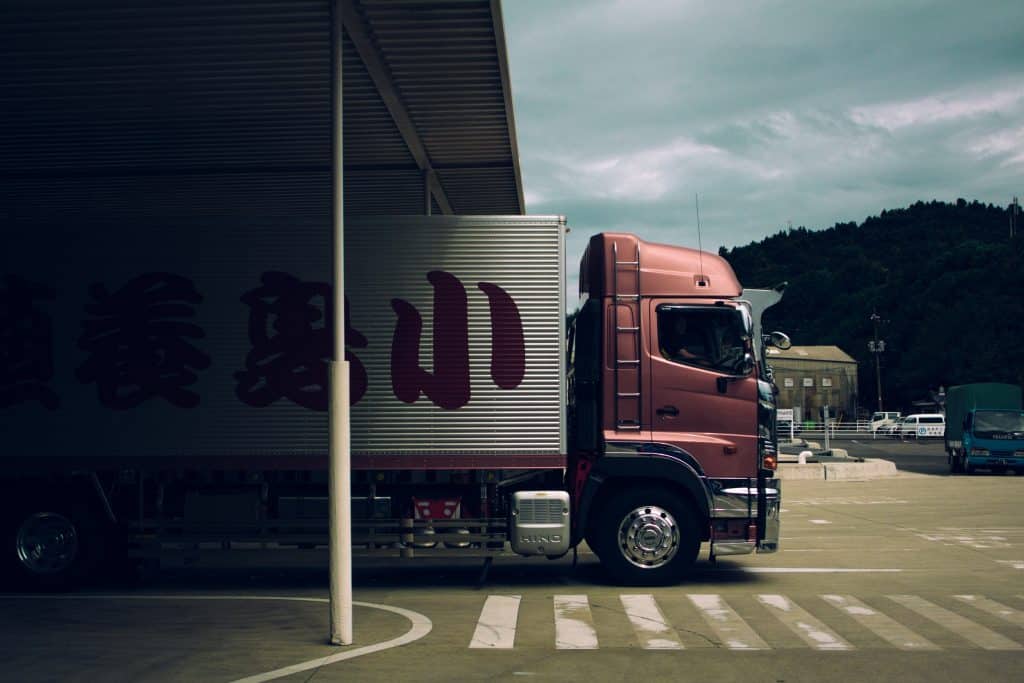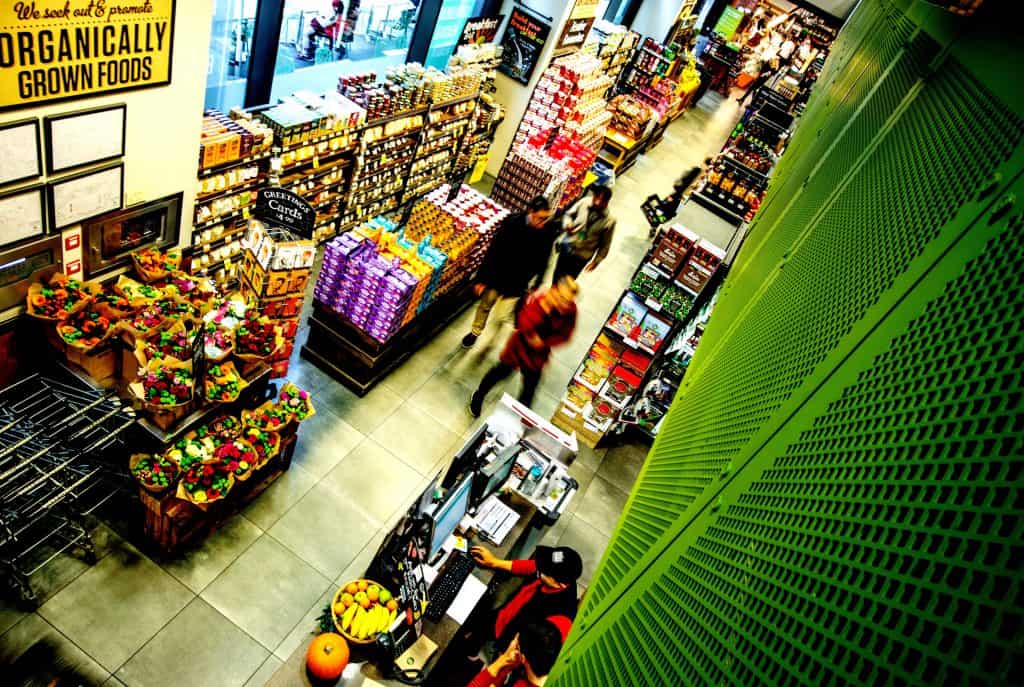In today’s global economy, goods sometimes travel a worldwide circuit with multiple stops before reaching their final destination. In this worldwide production process, it is difficult to be sure of the sustainability of any single consumer product.
As consumer consciousness increasingly centers on the environmental and social impact of purchases, corporations large and small are rethinking the traditional equation of developing an optimal supply chain (price savings and product standardization) and turning to blockchain for a high-tech, efficient solution.

Shifting Demand
History provides evidence that supply strategy evolves to align with technological innovations and market demands. For example, rapid advancements in communications technologies have lowered both real and transaction costs of communication. As a result, parties in the supply chain have changed how they coordinate.
The development of blockchain technologies, combined with the increasing market demand for products that don’t harm communities or the environment is likely to lead to a revolution in supply chain ethics. As stated above, today’s consumer wants to understand the what, where, and how of a particular product’s provenance.
Data shows that consumers have become more interested in the environmental and human aspects of how they spend their money, including the supply chain used to produce their purchases.
Companies may be concerned about the higher cost of sourcing goods that are ethically made without harming the planet. Yet, a 2016 survey found that up to 66% of consumers would pay more for social good products while 45% were more inclined to buy from businesses that make a social impact.

So how does blockchain improve supply chains?
Blockchain has shown enormous potential for effectively and inexpensively dealing with the issue of supply chain transparency, as it is highly transparent and secure since every block links to the one before it and after it. “Chain of command is essential for many things,” author Bernard Marr states, “and blockchain has the chain of command built in.”
Marr continues “Ultimately, blockchain can increase the efficiency and transparency of supply chains and positively impact everything from warehousing to delivery to payment.”
A note: Michael Pisa, a fellow at the Center for Global Development in Washington, D.C., warns to be cautious about considering blockchain a “silver bullet” to the world’s problems. “This imbalance has led to unrealistic expectations about what blockchain solutions can do, how easy they will be to implement, and how quickly they can scale, if at all. The result has been a widening gap between expectations and reality that has naturally led to growing skepticism.”
This being said, beyond the hype there is serious potential. Blockchain technology offers a secure digital ledger in which the multiple participants on a given Supply Chain can update data in real time. Thoughtful incorporation of the Blockchain into global supply chain practices offers increased security, transparency, responsiveness and eventually can fully transform any supply chain into a sustainable, ethical one.
According to a recent report by PwC, sustainable trade is a large focus of global biodiversity and conservation efforts. The report states, “This and blockchain could be used for transparent monitoring of supply-chain transactions. For habitat protection, the technology could also help track the geographic reach and movement of endangered species.”
One major example of blockchain being implemented by major global players is Walmart’s collaboration with IBM. These two giants are teaming up to use blockchain to track every bag of spinach and head of lettuce across Walmart’s massive supply chain to pinpoint and eradicate food contaminants. The upside for the environment is less food waste. For business? Increased supply chain efficiencies. For consumers? Improved food safety.

5 more examples of companies changing the way products are made, shipped and sold worldwide.
Chronicled is the first company to leverage IoT, AI, and Blockchain technologies to power end-to-end smart supply chain solutions. Their end-to-end secure chain of custody solution enables individuals and enterprises to have confidence in the origins and movements of high value products.
Ripe.io is altering the trajectory of the food system through blockchain technology and the Internet of Things. By designing a radically transparent digital food supply chain, ripe.io harnesses quality food data to create the Blockchain of Food – an unprecedented food quality network that maps the food journey to answer what’s in our food, where it comes from, and what has happened to it.
SUKU’s platform aims to be an on-demand, open, decentralized software distribution model which consists of applications and services that are utilized by supply chain participants. These applications intend to be built with technology partners in a continually evolving ecosystem. In this way, SUKU facilitates multiple trades, providing both transparency to the availability of the commodity to trade, and keeping accurate and immutable records of each transaction – facilitating supply chain visibility, and opening up an efficient, global marketplace.
Flux is using blockchain technology to collect data on agriculture and the environment. The Flux system collects data from crowdsourced sensors and also has a token that creates a peer-to-peer marketplace between farmers and consumers.
The Authenticiti Platform synchronizes data from third party applications and supply chain partners into a single, decentralized database or blockchain. Asset records, trade documents and location data are auto-reconciled on the blockchain ledger in real-time to increase working capital and eliminate disputes without disrupting existing business processes.

Conclusion
The most successful supply chain leaders know that a modern supply chain – with full visibility and ethical practices – is required to keep pace with changing expectations of clients and customers. With the further development of blockchain software, transparent and sustainable supply chains are not only possible – but also easily implemented and competitively advantageous.
If you would like to learn more about the use cases of blockchain for Ethical Supply Chains, reach out to our team!
Follow us for more updates here:
Annie Brown
Annie Brown is the founder of Lips - a socially responsible social media platform that provides a space on the Internet for women* to express their experiences openly and honestly. She has worked for several venture-backed startups as a communications director and is a guest lecturer at UC San Diego’s Rady School of Management.
